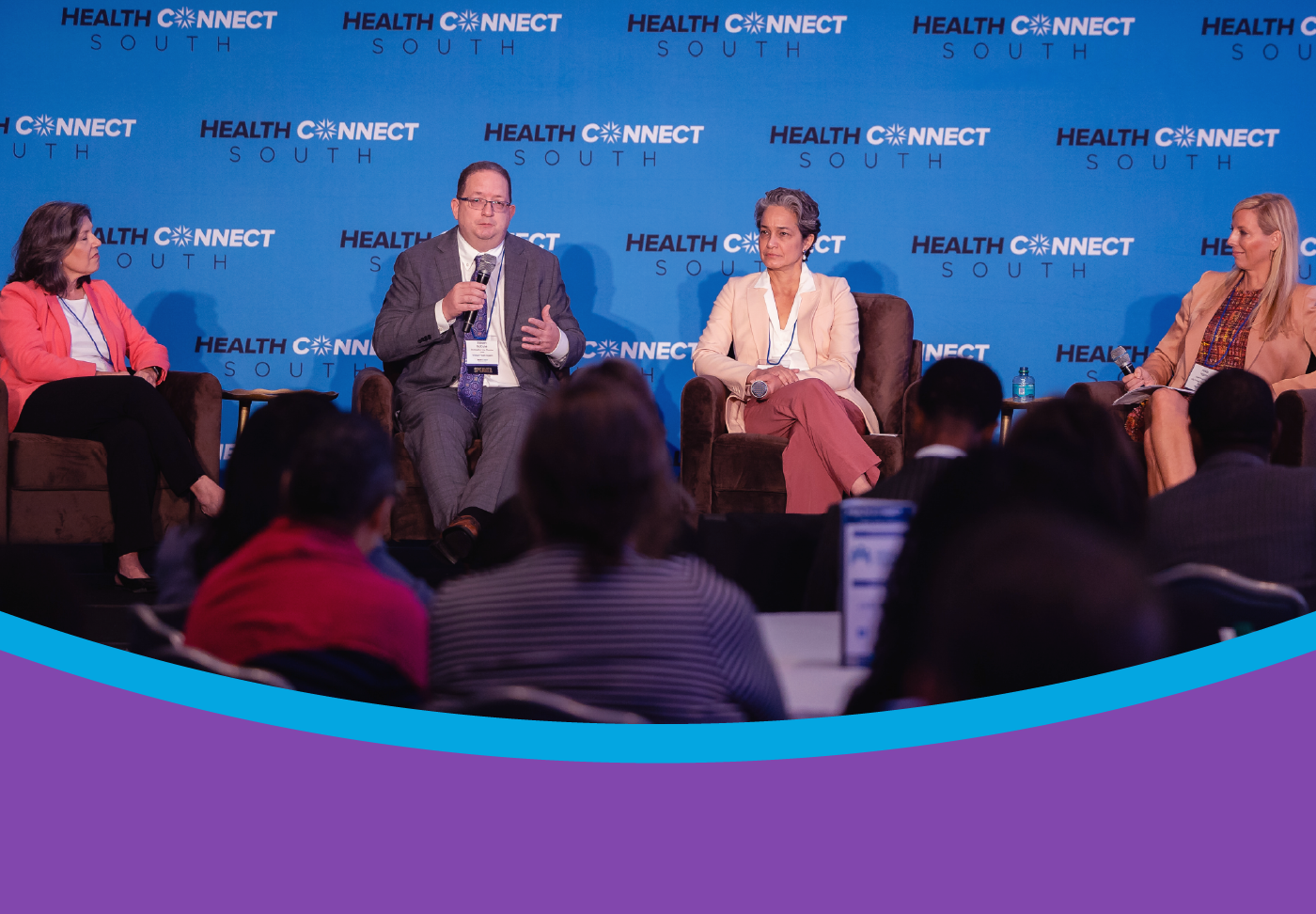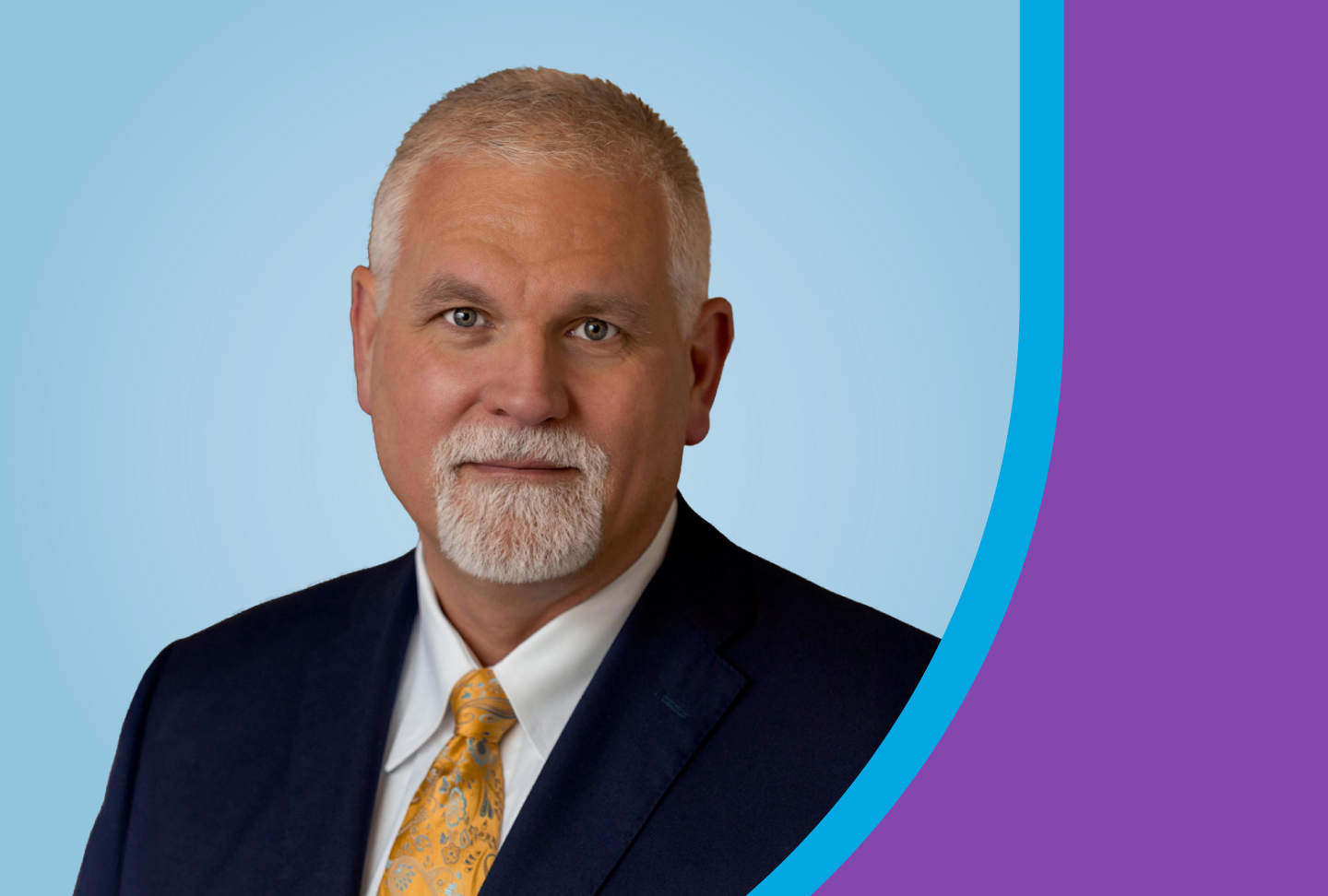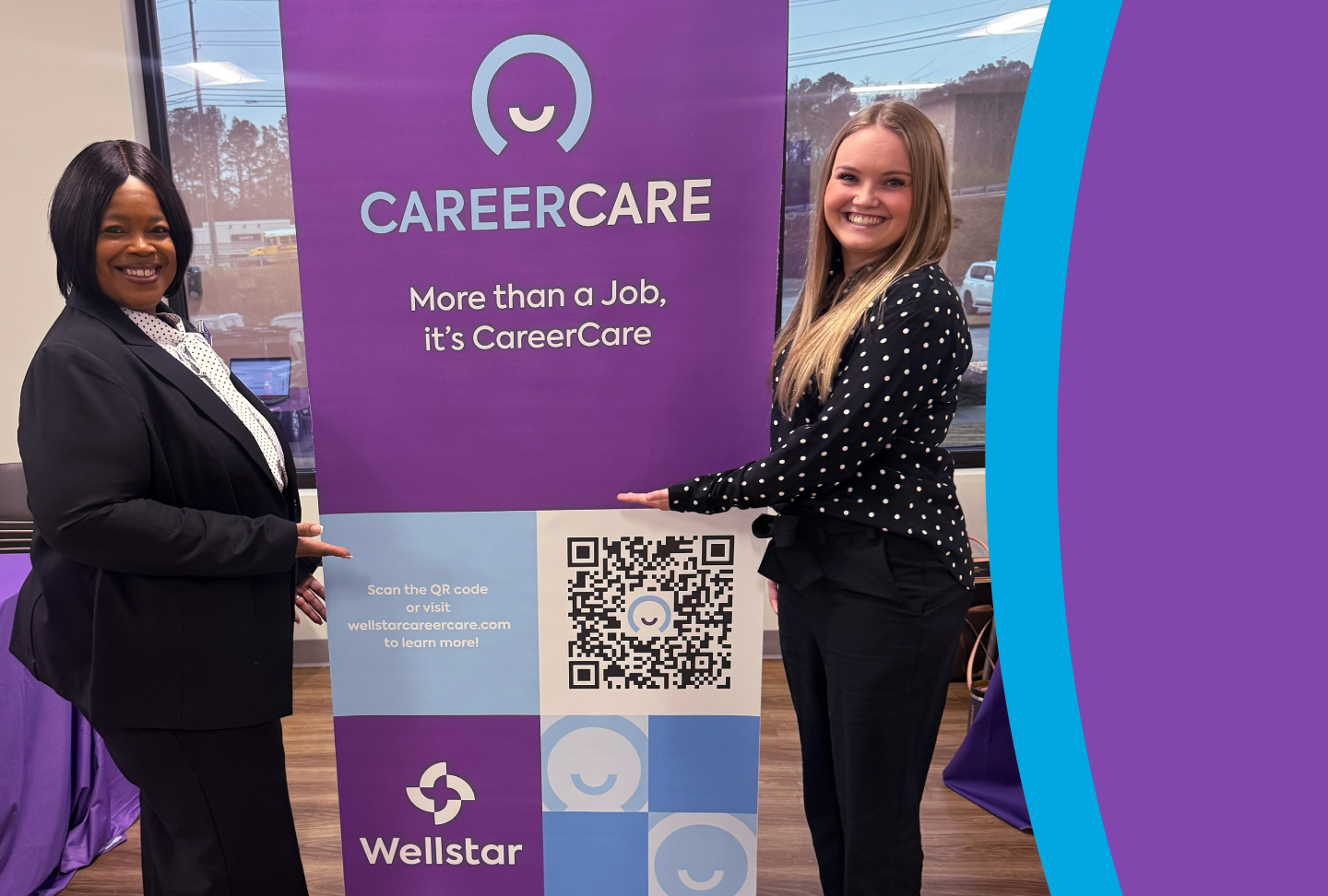- The impact of rising cancer rates on younger women.
- Gaps in care, awareness and research that need to be addressed.
- Opportunities for health systems, nonprofits and national organizations to collaborate in new ways.
Article Category: Newsroom
Wellstar Leader Addresses Rising Cancer Rates in Younger Women at Health Connect South
Published on September 18, 2025
Last updated 03:32 PM September 18, 2025

At this week’s Health Connect South conference,
Dr. Steven McCune,
oncology service line physician lead, joined an impactful panel discussion titled “Women First: Collaborating for Better Cancer Care, Redefining Outcomes for the Next Generation.” The conversation brought together Dr. McCune and other regional experts to explore the alarming rise in cancer diagnoses among younger women.
Research shows that women under 50 are 82% more likely to be diagnosed with cancer than men in the same age group. Historically, cancer research and treatment have focused primarily on older patients.
“If you come see me for breast cancer, we’re about 10 to 20 years too late,” said Dr. McCune. “We want to work on prevention rather than treatment. This is about working together and collaborating to provide access to care in Georgia.”
Dr. McCune highlighted the
Wellstar Center for Genetics
—the largest genetic risk assessment program in Georgia—and its focus on identifying younger women at higher risk. Building on that commitment,
Wellstar Women’s Health
is championing
Gabbi,
an innovative tool that uses data and technology to expand access to advanced breast cancer risk screening. Supported by
Catalyst by Wellstar,
a program led by Dr. Hank Capps, Gabbi reflects Wellstar’s commitment to advance healthcare innovation to improve patient outcomes. Wellstar is also partnering with the Medical College of Georgia to train medical students and residents, helping expand the physician workforce and improve access to care across the state.
The panel, moderated by Dr. Kristin Higgins, chief clinical officer at City of Hope Cancer Center, featured leading voices in the field, including Dr. Lynn Durham, president and CEO of Georgia CORE, a statewide nonprofit dedicated to advancing oncology research and education.
“We work with health systems throughout the state, and we want to make sure that Georgians are getting the best cancer care they can get,” said Durham. “I’m a three-time cancer survivor and luckily I am cancer-free today because of clinical trials and the incredible care we have right here in Georgia.”
Together, the panelists discussed:



